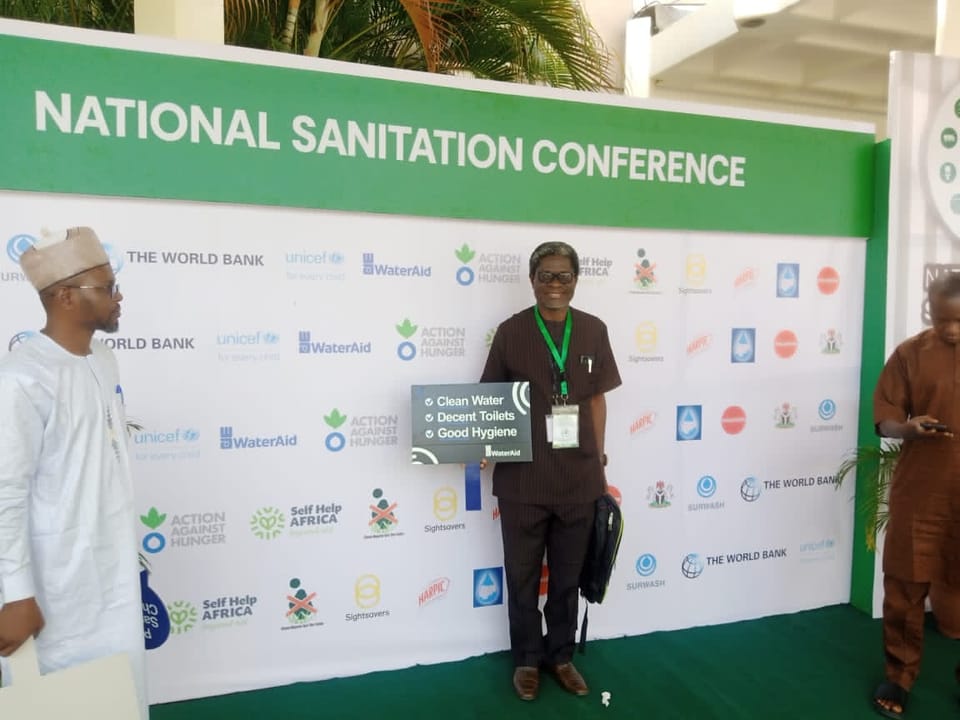AUST Faculty Leads Groundbreaking Triple-Helix Sanitation Innovation for FCT

The African University of Science and Technology (AUST), Abuja, is taking a leading role in a pioneering sanitation and circular economy initiative designed to transform waste management across the Federal Capital Territory (FCT). This development follows the efforts of Dr. Anthony Anyakora, a resident faculty member at AUST, who championed the project during the National Sanitation Conference held in Abuja.
The initiative draws from insights gathered during a recent benchmarking visit to South Africa by an industry-based visiting faculty member from the FCT Water Board, with notable interest from the eThekwini Municipality. Anchored on the Triple-Helix model, the project aims to strengthen collaboration between government, industry, and academia to drive research, investment, and opportunities for grant funding.
The vision of the project is to advance City-Wide Inclusive Sanitation (CWIS) and promote a functional Circular Economy system within the FCT. This aligns with national sanitation priorities and supports the attainment of the Sustainable Development Goals (SDGs). Key partners in this collaboration include the Federal Ministry of Water Resources and Sanitation, the FCT Water Board, the Abuja Environmental Protection Board, the FCT Rural Water and Sanitation Agency, Mangrove & Partners Ltd., and AUST as the central innovation hub.
A major focus of the initiative is the design and pilot fabrication of innovative systems that convert waste into useful products, particularly alternative power and cooking gas. Two pilot sites have been selected for this purpose: the Galadimawa Informal Settlement and the AUST Campus, representing informal and formal settings respectively. AUST will play a vital role in executing tasks such as waste mapping, waste characterization, and the technical development of the processing systems.
With the full involvement of the Federal Capital Territory Administration (FCTA), the project is positioned to address pressing sanitation challenges while opening new avenues for sustainable investment. The collaboration marks a significant step for AUST in driving practical, impactful research that connects academic expertise with real environmental and societal needs.
Further updates will be shared as AUST continues to advance this transformative sanitation and circular economy project
